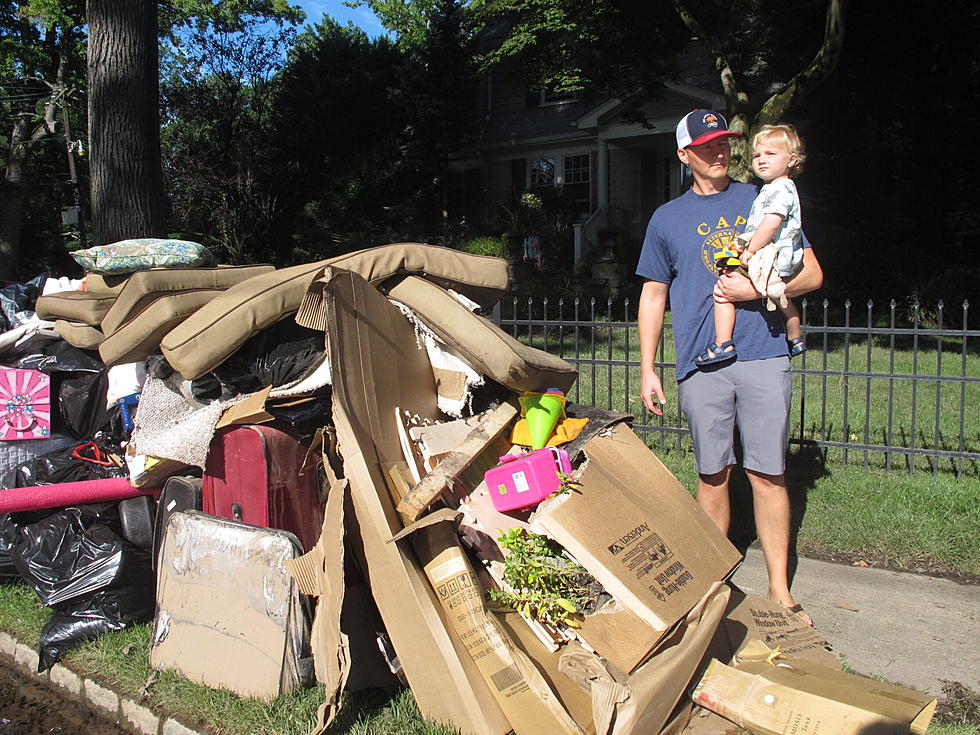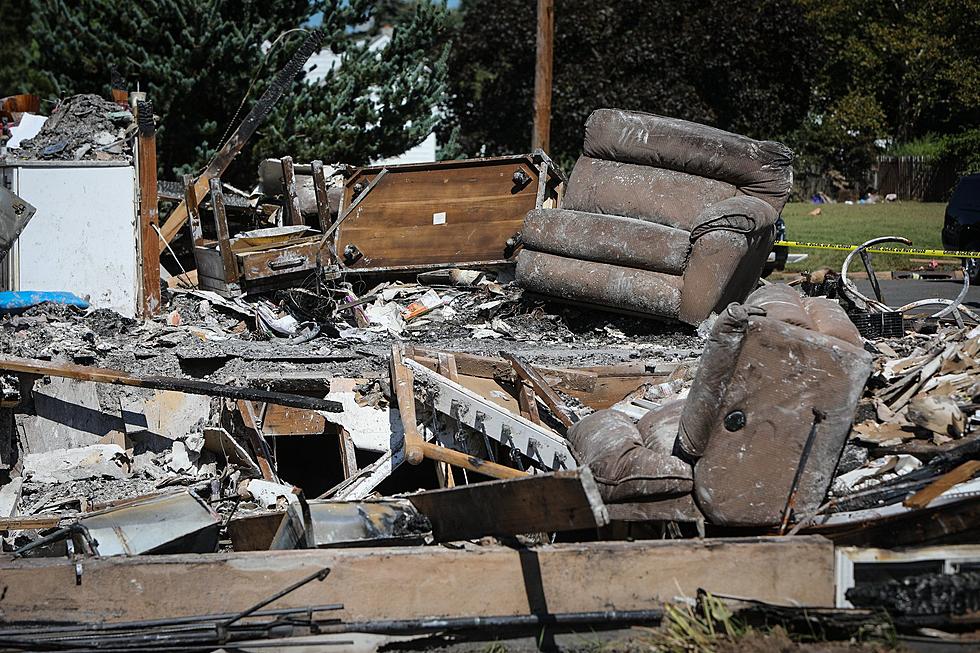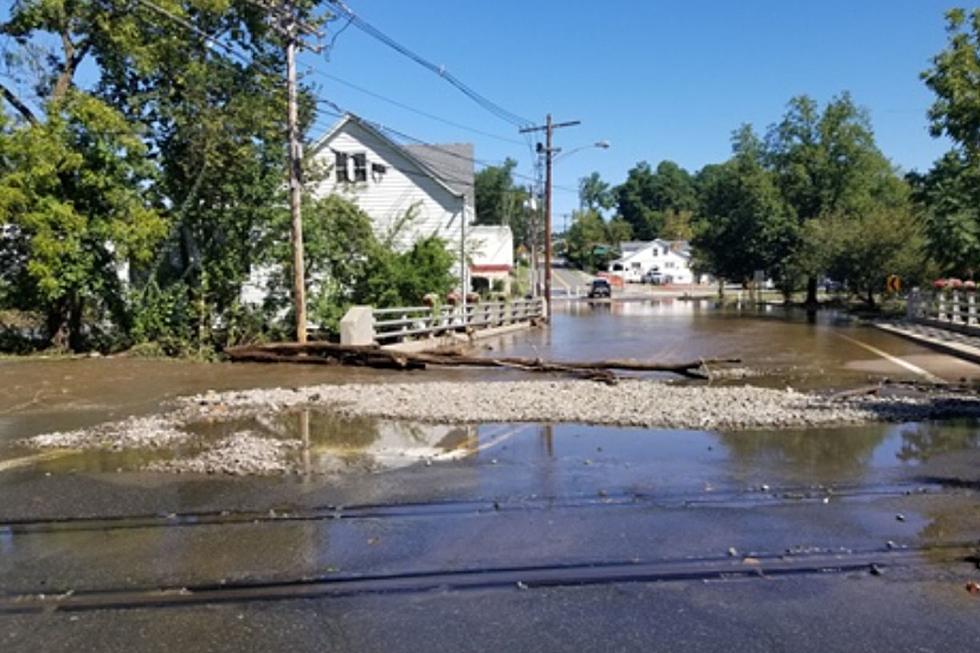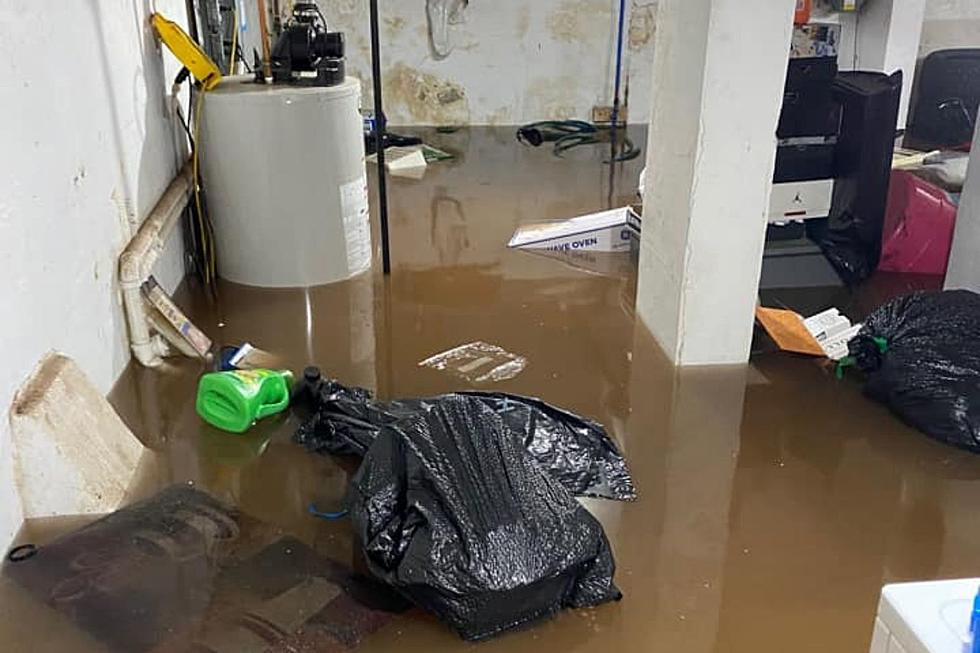
OCLTRG Encouraged after Meeting with FEMA
The Ocean County Long Term Recovery Group is encouraged after a recent meeting with Federal Emergency Management Officials (FEMA) in New York City, according to Sue Marticek, Executive Director of the non-profit agency.
Marticek provided an update at the OCLTRG's monthly meeting in Toms River last Thursday.
The meeting with FEMA involved several of the non-profit legal organizations and some of the key non-profit organizations in Sandy recovery to discuss FEMA's precedent-setting decision to re-open and review Sandy claims denied through its National Flood Insurance Program (NFIP) following accusations of falsified engineering reports and possible insurance fraud.
"It was very positive that they [FEMA] were going to include the non-profits in being part of how they form their procedures, because many of us have been dealing with a lot of the clients having trouble navigating. So, it was encouraging that they [FEMA] was actually coming to the table last week with us and saying help us to develop this process," said Marticek.
While the decision will be helpful to many people, it presents new challenges for the Long Term Recovery Group and its non-profit partners, according to Marticek.
"I can't speak for exactly the time frame, but from the non-profit's perspective, we put out a couple additional concerns. One of them was the speed at which this is unfolding because people are paying a lot of out-of-pocket expenses to keep their heads above water, and also it's important to us to make the process clear and simple as possible, so that they can ask for their case to be reviewed without it being too much of a burden on them," Marticek said.
Once the new procedures are determined, the Long Term Recovery Group plans to offer educational work shops to help guide homeowners and prevent them from having any additional funding they receive be recouped.
New Jersey's Reconstruction, Rehabilitation, Elevation and Mitigation (RREM) grant program was designed to help fill-in a gap for the homeowner.
"Unfortunately, what we were seeing is two-plus years into this, the RREM program, the grant, was the majority of the funding for people because most people felt that they got short-changed from their insurance. So, while we totally welcome the fact that people will be getting money that they actually do deserve from their insurance policies, for those that are in the RREM program, it just means we need to make sure that they have an understanding, because the worst case scenario would be if people received extra money from their insurance company, spent it, and didn't realize that the extra money was going to be recouped by RREM," explained Marticek.
In the meantime, the Long Term Recovery Group also is faced with the challenge of raising additional funding to be able to continue to help Sandy homeowners during the FEMA review process.
In the philanthropic community, most of time when money is donated, it must be spent within certain time frames. Large donations initially from the Red Cross, the Robin Hood and Hurricane Sandy New Jersey Relief Funds, are starting to run out, according to Marticek.
"For us in the non-profits, we're concerned because we see the need is still going strong, so we are trying our best on the philanthropic side to see if there's additional funding that we can get to help people meet their gaps," she said. Non-profits plan on turning to churches and other faith-based organizations as possible avenues for future funding.
Marticek added there are about 80 different non-profits in Ocean County that work the Long Term Recovery Group.
More From 92.7 WOBM









